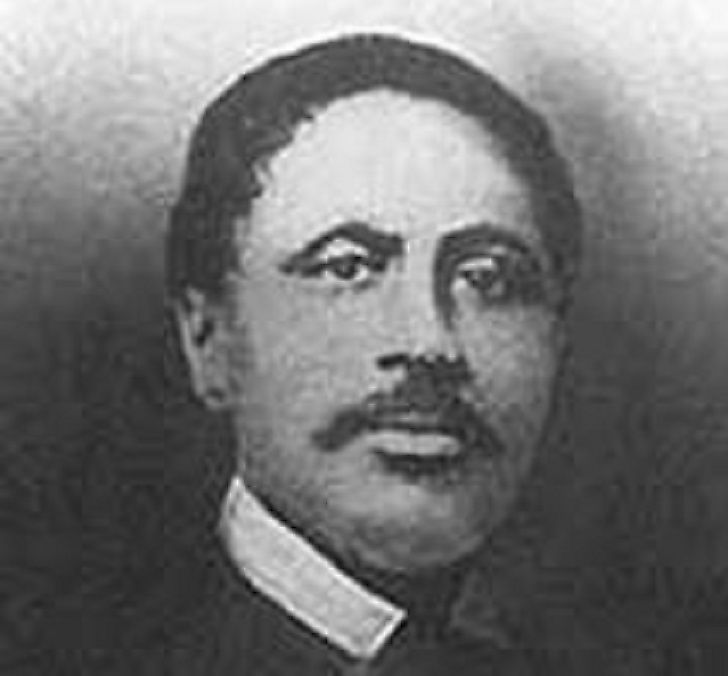Macon Bolling Allen – First African-American Lawyer

Macon Bolling Allen was born on August 4th, 1816 in Indiana, and he grew up as a free black man. He learned reading and writing on his own, and further refined his skills while teaching others after he received his first job as a school teacher. He then moved to Portland, Maine in the early 1840s in order to study law. In Portland, Allen became friends with a local anti-slavery leader, General Samuel Fessenden, who had his own law practice. Allen was invited by Fessenden to join his practice as an apprentice. After working there for several years, in 1844 Fessenden introduced Allen to the Portland District Court, and stated that Allen should be able to become a lawyer. However, the court rejected Allen on the ground that he was not a citizen of Maine.
4. Career
Despite facing such a harsh rejection, Allen did not give up on his dream of practicing law. He took the bar examination and applied once again. After passing the exam and receiving his recommendation, Allen became a citizen of Maine and earned his license to practice law there on July 3rd, 1844. He moved to Boston, Massachusetts in 1845, and passed the Massachusetts Bar Exam on May 5th, 1845. In Boston, he then opened the first African-American law office in the U.S., working alongside Robert Morris, Jr. Three years later, Allen passed another exam and became Justice of the Peace for Middlesex county, Massachusetts. After the Civil War, Allen moved to Washington D.C, working as an attorney for the Land and Improvement Association.
3. Major Contributions
Allen was a skilled and dedicated lawyer, and at the same time was a political activist. After moving to Charleston, South Carolina in 1868, he became very active in politics amidst the racial tension in the Reconstruction Era South. He ran for secretary of the state in 1872, though he was not elected to the position. Yet his campaign and the strong stance he took greatly increased the visibility of African-Americans in politics, and drew greater attention to issues that pertained to them. Being the first African-American who passed a major bar exam and licensed to practice law, he was also the first African-American to ever hold a judiciary position as well. As such, he set a crucial precedent, and also inspired other African Americans to pursue dreams of their own.
2. Challenges
Although knowledgeable and skilled, it was very hard for Allen to find work at first in Maine, as white people were not willing to let an African-American represent them in court. Allen was forced to move, and took more exams and worked to prove his abilities elsewhere. He constantly faced discrimination and prejudice in both his work and in his personal life, and yet he never stopped pursuing his dreams or meeting his potential. Realizing the tremendous problems caused by systematic racism throughout U.S. society, he utilized law was an effective means through which to combat injustice, and to fight for African-American liberation and equality.
1. Death and Legacy
Allen died in Washington, D.C, on October 10th, 1894, at the age of 78. The National Bar Association honored him for his fifty years of dedicated services. He was the first African-American who was licensed to practice law, as well as the first African American to ever hold a judiciary position. He helped to push for the abolition of slavery and discrimination throughout his lifetime, when these were still widespread and accepted practices. Many organizations, bar associations, and Civil Rights groups have been named after him in his honor.











